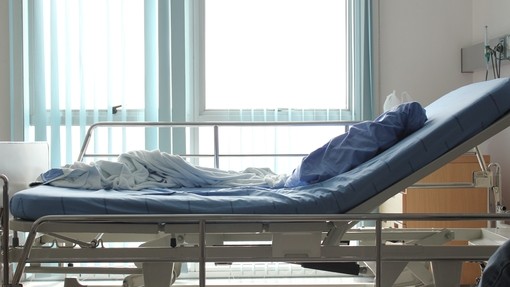Anorexia nervosa and capacity
The figurative terrorist invading the mind

Anorexia nervosa and capacity
The recent judgment from Mostyn J in North East London NHS Foundation Trust v Beatrice and Edward [2023] EWCOP 17 provides a vivid description of the effect of anorexia on a person’s capacity. In this case P is given the alias ‘Beatrice’, and she is described as an intelligent person with an unambiguous appreciation that she will certainly die if her intake remains at 260 calories per day. The court’s judgment seeks to make clear how a complex condition has rendered Beatrice incapable of making decisions around her nutrition and hydration.
The starting point
Mostyn J condenses the statutory test from ss2(1) and 3(1)(c) of the Mental Capacity Act 2005, stating the matter in which the test of capacity applies in this case, is to the treatment options concerning nutrition and hydration, and that this must be due to the anorexia nervosa.
‘There is nothing else to weigh’
As the Judgment makes clear, Beatrice understands the risk of death. However, this is entirely separate from her ability to weigh the advantages and disadvantages of increasing her calorific intake. As Mostyn J put it, “there is nothing to put on the scales objectively in favour of starvation”. This line of reasoning echoes Jackson J in his decision in A Local Authority v E [2021] EWHC 1639 (COP), whereby the Judge concluded that E could not weigh information in a “meaningful way”. Beatrice is only able to recognise the definitive outcome, and entirely unable to acknowledge objective information that death by voluntary starvation cannot be deemed advantageous.
‘Figurative terrorist’
The inability to conduct this weighing exercise is held to be because of her anorexia nervosa. In demonstrating this, Mostyn J utilises metaphorical language to describe the condition as a ‘figurative terrorist’, which has directly destroyed Beatrice’s ability to weigh information about her nutritional treatment. Similar language can be seen in Northamptonshire Healthcare NHS Foundation Trust v AB [2020] EWCOP 40, where Roberts J commented that the decision-making process was “infected” by the chronic nature of AB’s anorexia nervosa.
The causal link is further expanded on through reference to the evidence that her fear of weight gain is so strong that it overpowers all logical reasoning. Such fixation is consequential of the near-delusional belief that she is overweight instead of skeletal, and this belief is an elemental component of the anorexia nervosa.
Conclusion
Ultimately Mostyn J’s judgment is unsurprising in the context of prior case law concerning anorexia and capacity. What is of note and should always be borne in mind, is that the ability to weigh information and the ability to understand outcomes, are not to be conflated. Furthermore, through the illustrative language the judgment is a useful but tragic reminder of how an intelligent and articulate person may have their mind invaded by anorexia nervosa to the extent that it affects their capacity to make decisions about their food intake.






